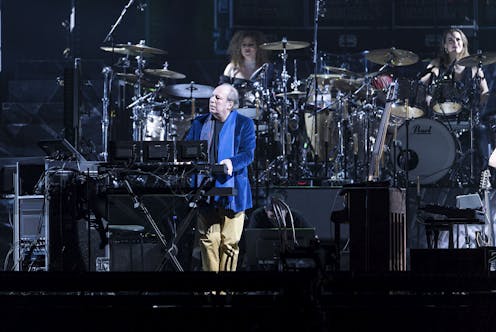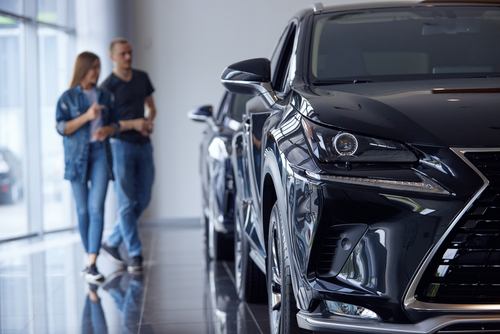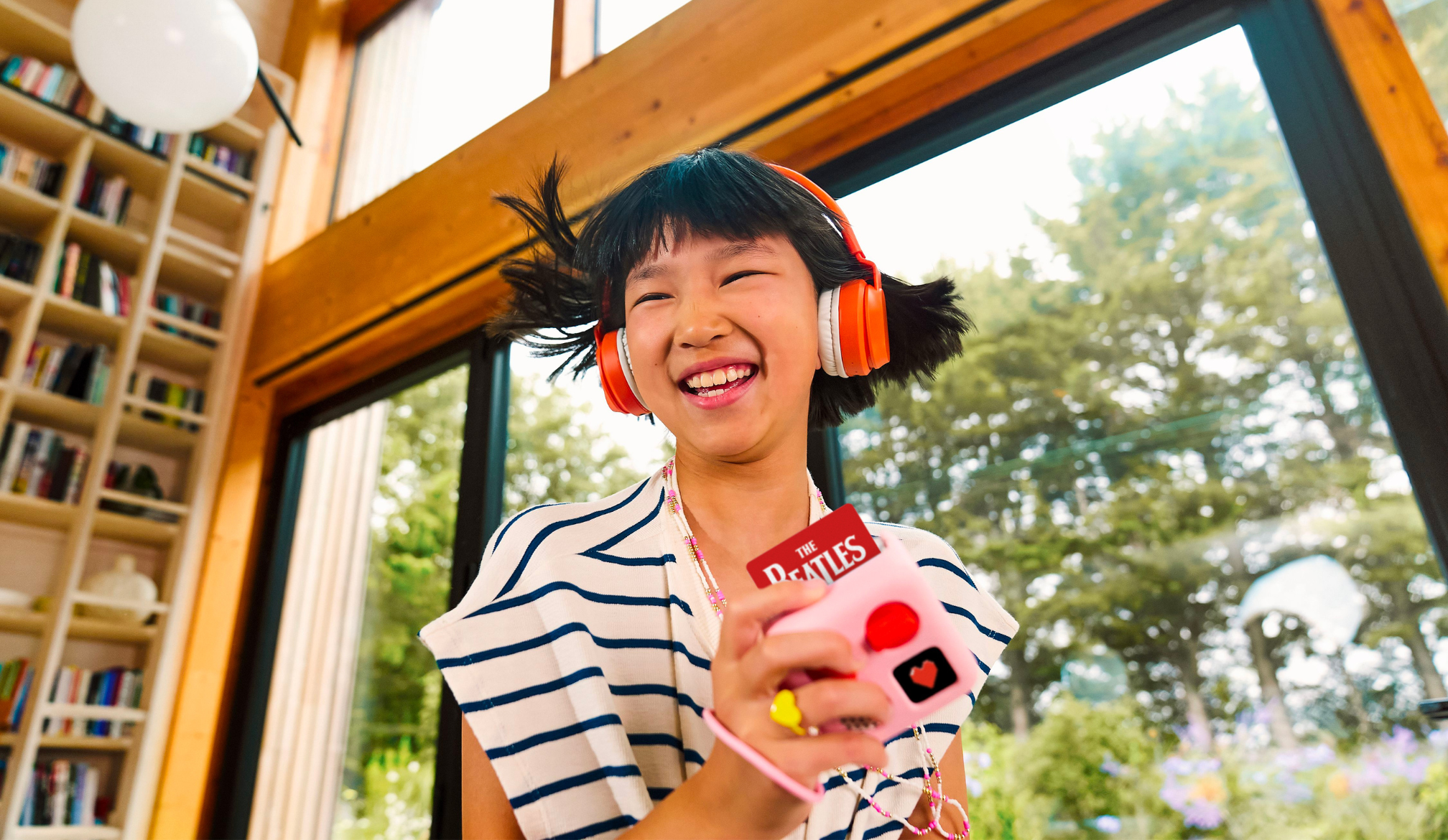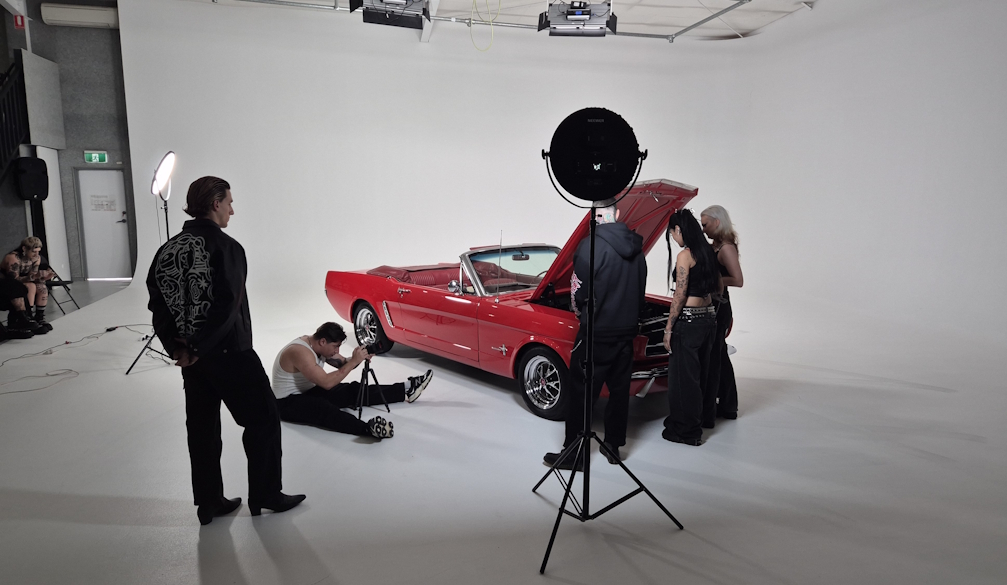Whoever wins this year’s music Oscar, Hans Zimmer remains the most influential composer working in Hollywood today
- Written by Gregory Camp, Senior Lecturer, University of Auckland
 Hans Zimmer on stage in Cologne, Germany, March 2022.GettyImages
Hans Zimmer on stage in Cologne, Germany, March 2022.GettyImagesAs important to films as acting, writing, and design, music can instantly create a realistic or fantastic world, guide emotions and enhance storytelling. Yet the annual Academy Award nominations for best original score are one of the few times film music gets a look in with the...

















